August 2021: The Month in Review
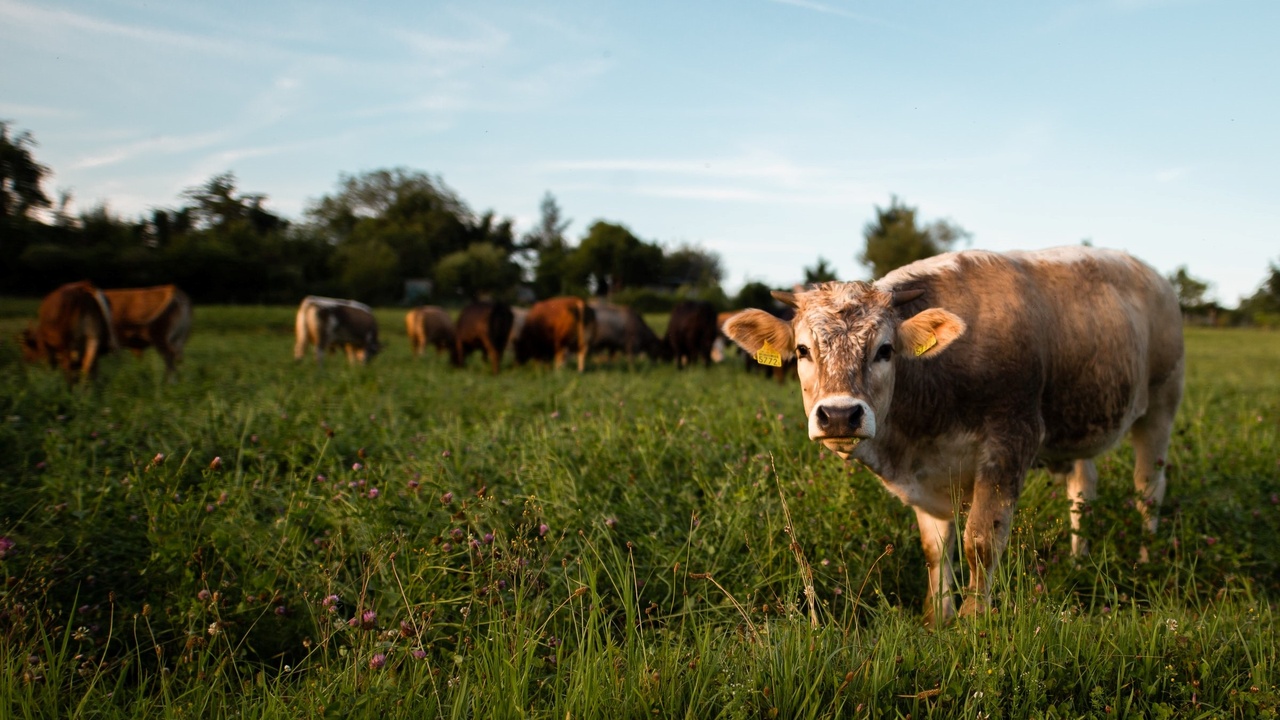
With growing interest around the world, August marked a strong end to the summer of 2021 for the cellular agriculture industry. Compared to conventional animal agriculture, cellular agriculture offers an alternative and more sustainable way to produce the same animal products directly from cell cultures. From meat to dairy, cellular agriculture can be used to produce a wide range of animal-derived products. And this August continued the field’s momentum to wrap up the summer.
From the first acquisition in Southeast Asia to new partnerships and commercial facilities, we take a look at what happened this August in cellular agriculture
Investments
Eden Brew
New startup Eden Brew launched in Australia and raised $2.93 million ($4 million AUD) to produce animal-free dairy directly from cell cultures. Leveraging science developed from Australia’s national science agency, CSIRO, Eden Brew was also founded by Main Sequence Ventures (the venture firm founded by CSIRO), Norco (Australia’s biggest dairy co-op), and former Woolsworth executive Jim Fader. Eden Brew is currently focusing on dairy proteins and has already developed a cell-cultured milk prototype.
 Eden Brew cell-cultured milk prototype
Eden Brew cell-cultured milk prototype
Melt & Marble
Swedish company Melt&Marble recently raised €750,000 in seed funding to develop animal fats directly from cell cultures. By developing fats directly from cells, Melt&Marble aims to enhance the taste and flavour of plant-based meat products.
Formerly known as Biopetrolia, Melt&Marble’s funding round was led by Nordic FoodTech VC and featured investments from PINC, Purple Orange Ventures, and Chalmers Ventures. The company claims its fermentation platform can match any fat structure and design animal-free fats tailor-made for plant-based brands. Moving forward, Melt&Marble aims to use the funding round to launch its first animal-free fat prototype before the end of 2021.

Shiok Meats Acquires Gaia Foods
Cell-based seafood company Shiok Meats announced the company acquired Gaia Foods, the first cell-based meat startup in Southeast Asia focusing on red meat. The first acquisition in Southeast Asia, the acquisition signals Shiok Meat’s plan to expand beyond seafood into a wider range of meat products.
According to the announcement, Shiok Meats acquired more than a 90% stake in Gaia Foods for an undisclosed sum to add red meat to its portfolio. Also based in Singapore, Gaia Foods focuses on developing cell-based pork, beef, and mutton directly from cell cultures. In October 2020, Gaia Foods created its first structured meat product using its patent-pending technology platform.
As part of the acquisition, Gaia Foods’ co-founders Vinayaka Srinivas and Hung Nguyen will join Shiok Meats and lead the technical team in charge of developing its cell-based red meat department. Interestingly, Shiok Meats shared that the company is exploring the idea of developing blended cell-based shrimp and beef products that could be used in a range of dishes, including dumplings and spring rolls.
 Shiok Meats' cell-based lobster and shrimp meat showcase
Shiok Meats' cell-based lobster and shrimp meat showcase
As the second acquisition by a cell-based meat company, this a big milestone for the cellular agriculture field. The deal shows that cellular agriculture companies are growing to the point where they can acquire other companies in the field to access their technological advancements. In September 2020, Israeli startup MeaTech 3D first announced its acquisition of Belgium cell-cultured fat startup Peace of Meat for EUR 15 million.
The acquisition continues Shiok Meats’ strong summer. In July, Shiok Meats raised an undisclosed sum in bridge funding to support its ongoing research and build the first pilot plant for cell-based crustacean meat production. While Shiok Meats did not disclose the total amount raised, the company shared the bridge round brings its total funding to approximately $30 million.
Along with Upside Foods (formerly Memphis Meats), Shiok Meats is now one of the only cell-based meat startups that are looking at both cell-based red meat and seafood. Early-stage Russian startup ArtMeat previously shared its team is looking to produce both cell-based sturgeon fish and horse meat.
Because Animals To Launch First Cultured Meat Pet Food
From foods to biomaterials, cellular agriculture can be used to make a range of products, including pet foods.
Pet food company Because Animals is preparing to launch the first cell-based meat pet treat: a cell-cultured mouse meat cat snack. Founded by Shannon Falconer and Joshua Errett, Because Animals aims to use cellular agriculture to produce cell-based meat for pet foods to make them more sustainable.
 Because Animals previously launched pet nutritional supplements
Because Animals previously launched pet nutritional supplements
Considering that American pets consume enough meat to be the fifth most meat-consuming nation in the world, Because Animals showcased its “Harmless Hunt Cultured Mouse Cat Treats” at SuperZoo, one of the biggest trade shows in the pet food industry in August in Las Vegas.
The Canadian startup began taking pre-orders on its website to sell a limited batch of its cell-cultured mouse meat treats at the end of this year. According to Because Animals, this will be the first cultured meat CPG product ever sold, albeit for pets.
Pending regulatory approval, the company aims to launch its cultured mouse meat product for cats more widely in 2022. At the moment, Because Animals has not yet shared in which markets the company aims to initially launch its cultured mouse meat cat snack. So far, only Eat Just has received regulatory approval for its cell-cultured chicken product in Singapore.
Because Animals’ announcement marks a strong end to summer for the pet food startup. In May, Because Animals closed its seed stage financing to raise a total of $6.7 million to date. Beyond cell-cultured mouse meat for cats, Because Animals aims to develop a cell-cultured rabbit meat product for dogs.
The Canadian startup previously grew a cultured mouse meat treat prototype for cats in 2019.
Vow and Nourish Ingredients Announce Partnership to Develop Cell-Based Meat and Fat
Australian cellular agriculture startups Vow and Nourish Ingredients announced a partnership to blend their products to develop cell-based meat.
Based in Sydney and Canberra, respectively, Vow and Nourish Ingredients are part of the growing cellular agriculture ecosystem in Australia. While Vow is building a library of cell lines to develop cell-based meat from a range of different animals, Nourish Ingredients focuses on producing cell-cultured animal fats to enhance both plant-based and cell-based meats.
According to the partnership, Vow will incorporate Nourish Ingredients' cell-cultured fats to enhance the taste and texture of its cell-based meats. After seeing partnerships between traditional food corporations and cellular agriculture startups, it is promising to see two startups partner within the ecosystem.
 In September 2020, Vow showcased cell-based kangaroo crystal dumplings
In September 2020, Vow showcased cell-based kangaroo crystal dumplings
As a key component of meat, fat tissue is an important ingredient to give cell-based meat the same taste and flavour of conventional animal meat. Previously, cell-based meat company MeaTech 3D acquired Belgium cell-based fat company Peace of Meat for EUR 15 million in 2020, reflecting the importance of fat tissue in developing cell-based meats.
Considering Vow's aim to develop a wide range of cell-based meats, Nourish Ingredients can harness its cell-cultured fat platform to develop different fats to enhance each of their tastes. Vow previously showcased its diverse product line up during a trial menu event in September 2020, including kangaroo crystal dumplings, goat cheeseburger sliders, and alpaca chili tarama.
The announcement continues a great year for the Australian cellular agriculture companies. In January 2021, Vow raised $6 million in their seed funding round to accelerate its cell line research and development. In March 2021, Nourish Ingredients raised $11 million in funding after launching from Australia’s national science agency CSIRO.
Both startups shared that they are looking to commercialize in Singapore by the end of 2022.
Eat Just’s Good Meat Will Build Next Cell-Based Meat Facility in Qatar
Eat Just announced that the company will build its next commercial cell-based meat facility in Qatar.
Based in California, Eat Just is an alternative protein company that uses cellular agriculture to produce cell-based meat, specifically chicken. In December 2020, Eat Just became the first company to ever receive regulatory approval to bring its cell-based meat to market in Singapore.
 Cell-cultured chicken meat by Eat Just
Cell-cultured chicken meat by Eat Just
According to the announcement, Eat Just partnered with state-backed Doha Venture Capital and Qatar Free Zones Authority to develop the large-scale cell-based meat plant in the country, which will be larger than Eat Just’s facility in Singapore. According to Eat Just, the facility could take up to two years to complete and cost more than $200 million to build. Without revealing the exact breakdown, Eat Just shared a large proportion of the facility cost will come from Doha Venture Capital.
After launching the first cell-based meat to market in Singapore, it is promising to now see Eat Just expand into the Middle East. Similar to Singapore, the Gulf countries in the region have ambitions to become future food hubs to achieve their national food security goals.
While there is still no regulatory approval for cell-based meat in Qatar, Eat Just shared that it may happen “very soon”. Considering that Singapore regulatory officials worked with the Eat Just team for over two years to receive regulatory approval, it will be interesting to see how long the regulatory process will take place in Qatar.
Along with validating food safety standards and consistent production protocols, it will be important to explore how cell-based meat can be deemed halal for the region.
Shiok Meats Showcases Cell-Based Crab
On August 26th, cell-based seafood startup Shiok Meats showcased the first ever cell-based crab meat product in Singapore. At a private event at the restaurant Kebaya, Shiok Meats showcased two products highlighting Singapore’s culinary repertoire - crab cake and chilli crab. Along with Shiok Meats’ crab meat, the crab cakes were prepared with plant-based OmniMeat as a cell-based and plant-based hybrid.

Shiok Meats' cell-based crab showcase
Along with a side of lobster-flavored potato chips and Tom Yum Shrimp Soup, all the dishes were prepared with Shiok Meat’s cell-based crustacean meats. The Tom Yum Shrimp Soup was prepared using Shiok Meat’s shrimp meat and Roquette’s plant-based meatballs with NUTRALYS textured pea protein.
Shiok Meats previously showcased the first cell-based shrimp product in March 2019 and aims to launch its first shrimp product to market by 2023. In addition to shrimp meat, Shiok Meats previously showcased the first cell-based lobster meat in November 2020. Shiok Meats recently raised a bridge funding round in July 2021.
Upside Foods Partners with Michelin Chef Dominique Crenn
Upside Foods announced a partnership with Michelin-starred chef Dominique Crenn as the company prepares to launch its first product: cell-based meat. Having not served meat at her three-Michelin-starred restaurant Atelier Creen for several years due to its environmental footprint, Crenn shared she is intrigued by how cell-based meat companies could produce meat in a more sustainable manner.
 Upside Foods' cell-based chicken burger
Upside Foods' cell-based chicken burger
Pending regulatory approval, Upside Foods aims to launch its cell-based chicken later this year in the US. As the company scales its production, Upside Foods aims to partner with additional restaurants and chefs before launching in grocery stores.
TurtleTree Labs announces partnership with Solar Biotech
Cell-based dairy startup TurtleTree Labs announced a partnership with Solar Biotech, a bioprocessing company designed to help food tech startups scale up. According to the strategic partnership, TurtleTree Labs will leverage Solar Biotech’s 100% solar-powered biomanufacturing platform and facility to scale up production and bring down costs of its cell-based dairy products.
In June 2021, TurtleTree shared that the company is preparing to launch its first product: lactoferrin, a protein found in both animal and cow milk that helps counter infections. TurtleTree is in discussion with regulators in both Singapore and the US and aims to commercialize in the next 12 to 18 months.
TurtleTree Labs previously announced partnerships with Dyadic and JSBiosciences to support the company’s spinoff TurtleTree Scientific produce cell culture media for the cell-based meat sector.
De Novo Launches First Acellular Dairy Company in Africa
Based in Cape Town, South Africa, De Novo Dairy is a new startup focusing on producing animal-free dairy through cell cultures. Focusing on producing dairy proteins via acellular agriculture (or precision fermentation), De Novo Dairy is the first startup on the continent of Africa to use cellular agriculture to produce animal-free dairy.
The new startup is currently R&D and aims to develop its first prototypes in the coming months before launching in about 2 years. To get started, the company received an investment from the rolling fund Sustainable Food Ventures.
Bluu Biosciences Appoints Former BlueNalu Co-Founder
European cell-based seafood company Bluu Biosciences announced the appointment of Chris Dammann as its first COO. Prior to joining Bluu Biosciences, Dammann co-founded cell-based seafood company BlueNalu in San Diego, California. At Bluu Biosciences, Dammann plans to leverage his expertise in the cellular agriculture sector to ensure the most efficient processes are implemented to develop cell-cultured seafood. In March 2021, Bluu Biosciences raised EUR 7 million (USD $8.2 million) in its funding round to become the first European cell-based seafood company.
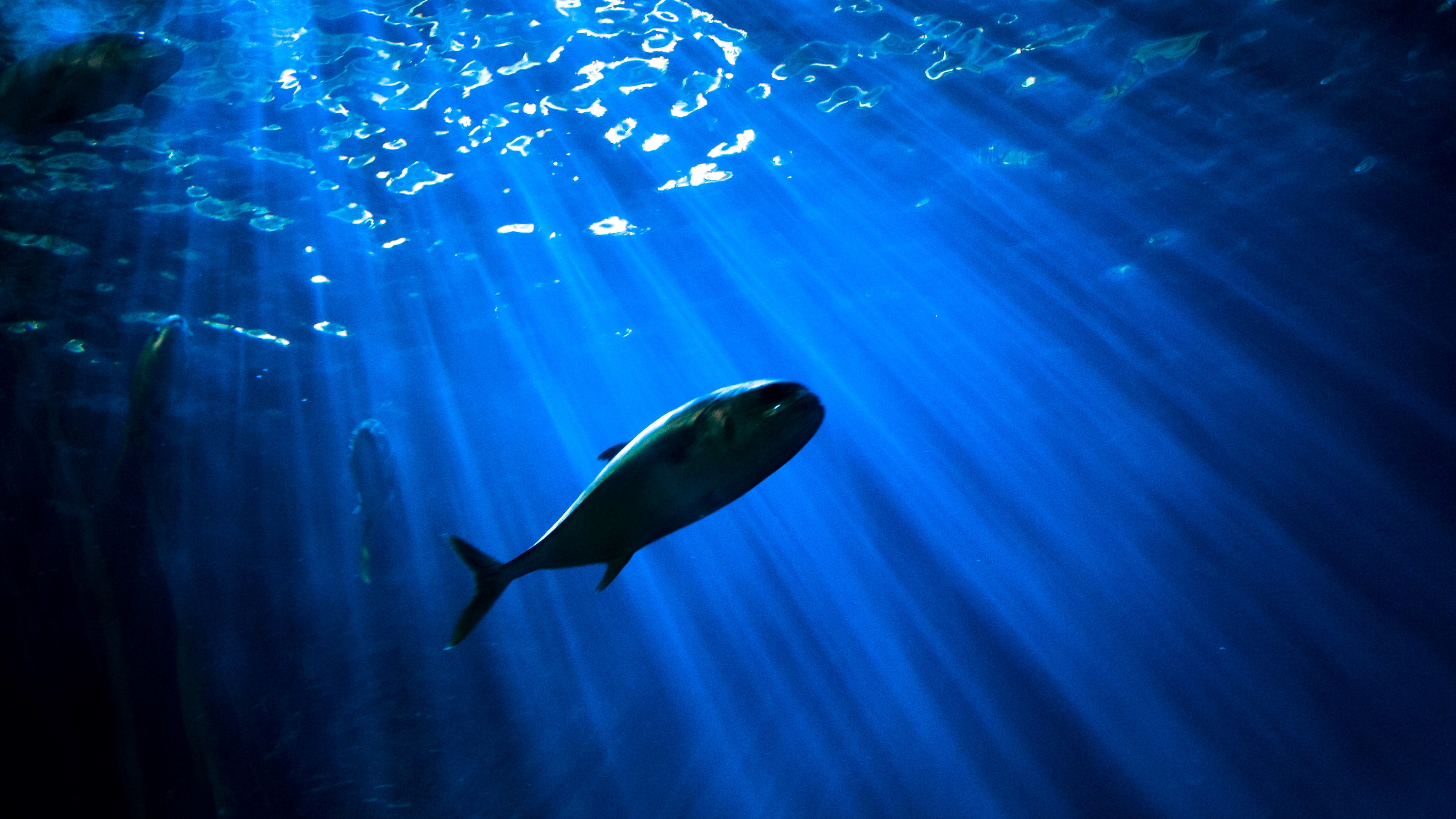
SeaWith Aims for $3 Cell-Based Steaks
South Korean startup SeaWith shared that the company aims to produce cell-based steaks for as low as $3 per kilogram by 2030. By using microalgae technology as a key component in the cell culture medium and scaffolding, SeaWith aims to address a major cost and scaling pain point for the cell-based meat sector. Calling its cell-based steak product line Welldone, SeaWith is currently closing its funding round to further scale production and explore regulatory approval processes, including certifications.
SeaWith previously raised ₩500 million (approx. US$450,000) from South Korean investors Bluepoint Partners and Enlight Ventures. SeaWith was also handpicked by the government-backed Tech Incubator Program for Startups. Currently in R&D, the company ambitiously aims to launch its first cell-based meat product to consumers by the end of 2022 in a pilot restaurant.
Cellular Agriculture Canada Announces New Executive Director
This month, Avery Parkinson became the new Executive Director of Cellular Agriculture Canada, the nonprofit advocating for the field across Canada. From New Harvest and Cellular Agriculture Australia to the Protein Report, Parkinson has been very active across the cellular agriculture ecosystem before taking up her new position. With leading universities with world-class researchers and technically-driven food regulating agencies, Canada is well-positioned to become a global leader in the future of food sector.
Disclosure: Ahmed Khan is a co-founder of Cellular Agriculture Canada and a member of the Board of Directors.
Japanese Scientists Produce Cell-Cultured Wagyu Beef
Cell-cultured wagyu beef, anyone? Scientists at the Osaka University in Japan shared that they discovered a way to 3D-print wagyu beef directly from cells. By using wagyu cow cells, the scientists organized and structured the different cell types using a 3D printer to make its sample. The first ever cut of cell-based wagyu beef to be printed, Aleph Farms showcased the first ever cell-based steak prototype in December 2018. Curiously, at the same time, Eat Just announced a partnership with Toriyama Ranch, one of Japan’s most reputable Wagyu beef producers, to source cow cells to make cell-based Wagyu beef.
Qoa and Cell-Cultured Chocolate
New startup Qoa aims to make chocolate more sustainable by producing cocoa directly from cell cultures instead of raising the crop. Considering that 70% of the world’s cocoa is grown in West Africa, cell-cultured chocolate may address widespread deforestation and human rights issues associated with conventional chocolate production. Qoa recently went through the Y Combinator accelerator and is accepting pre-registrations to get its test kit with its cell-cultured cocoa chocolate. Based in Germany, it is currently unclear how Qoa’s product will be regulated.
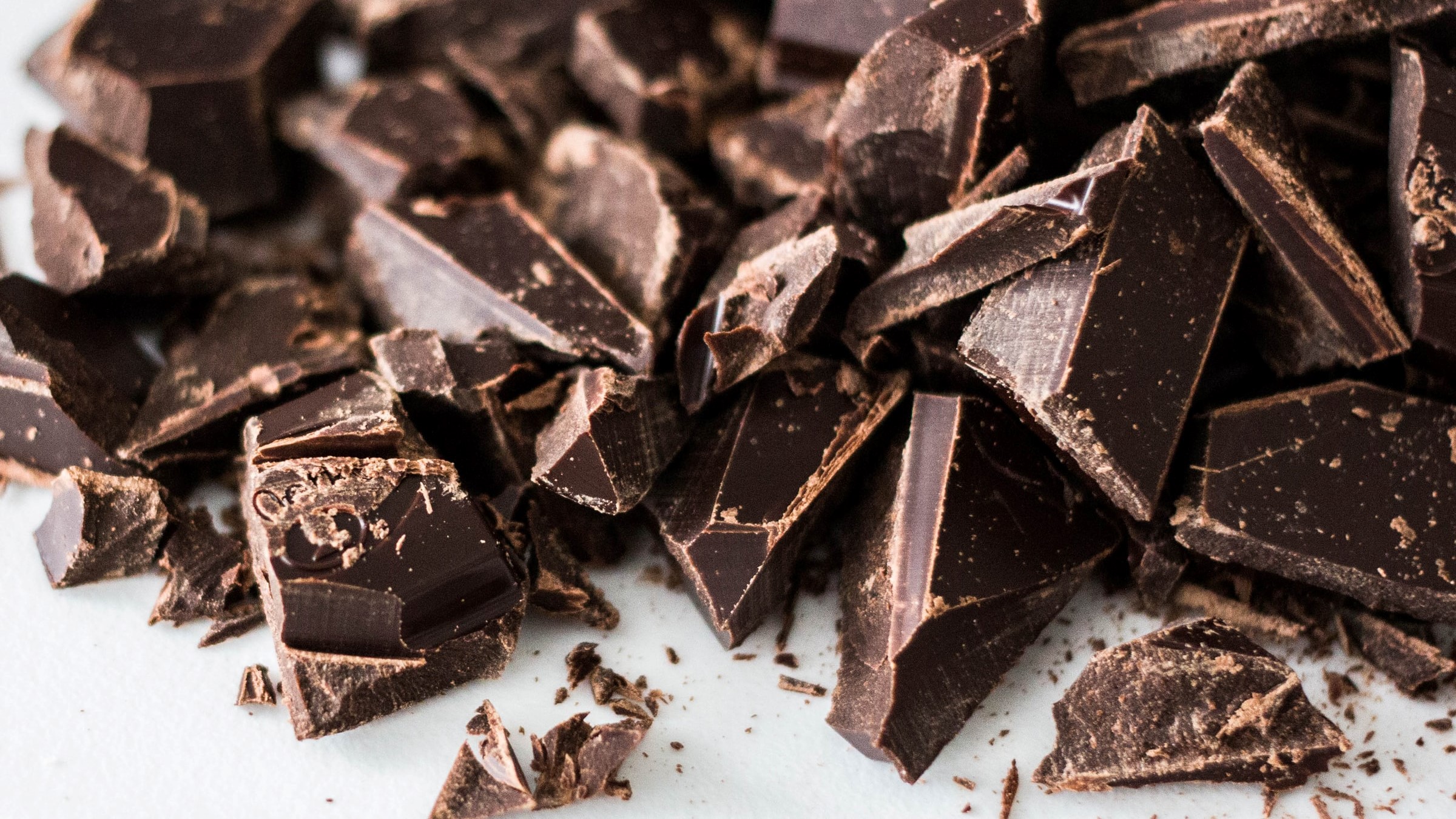
In July 2021, scientists at the Zurich University of Applied Sciences (ZHAW) in Switzerland claimed to be the first team to produce a chocolate directly from cell cultures instead of raising the cocoa crop. Similarly, new startup California Cultured was recently part of IndieBio’s accelerator program to produce chocolate directly from cell-cultures.
Bolt Threads and Ginkgo Bioworks Announce Partnership
Cell-cultured spider silk, anyone? Biomaterials company Bolt Threads announced a partnership with synthetic biology company Ginkgo Bioworks to scale its spider silk protein manufacturing process. According to the partnership, Bolt Threads will leverage Ginkgo Bioworks’ expertise in strain engineering to improve the sustainability, efficiency, and cost effectiveness of producing cell-cultured spider silk proteins. Moving beyond spider silk, Bolt Threads recently launched the Mylo Consortium to use its innovative mushroom mycelium material Mylo.

New CellAgri Investment Report: Coming Soon
In a summer full of various funding rounds across the foodtech ecosystem, we decided to break down the numbers behind the cellular agriculture investment landscape.
As of the start of August 2021, the year 2021 has already been another record breaking year for cellular agriculture investments.
In 2020, cellular agriculture food companies raised a record total of $628.7 million in investments across both cell-based meat and acellular food startups. Crossing the milestone of $1 billion in total investments, the landmark highlights the field’s potential to make our food system more sustainable.
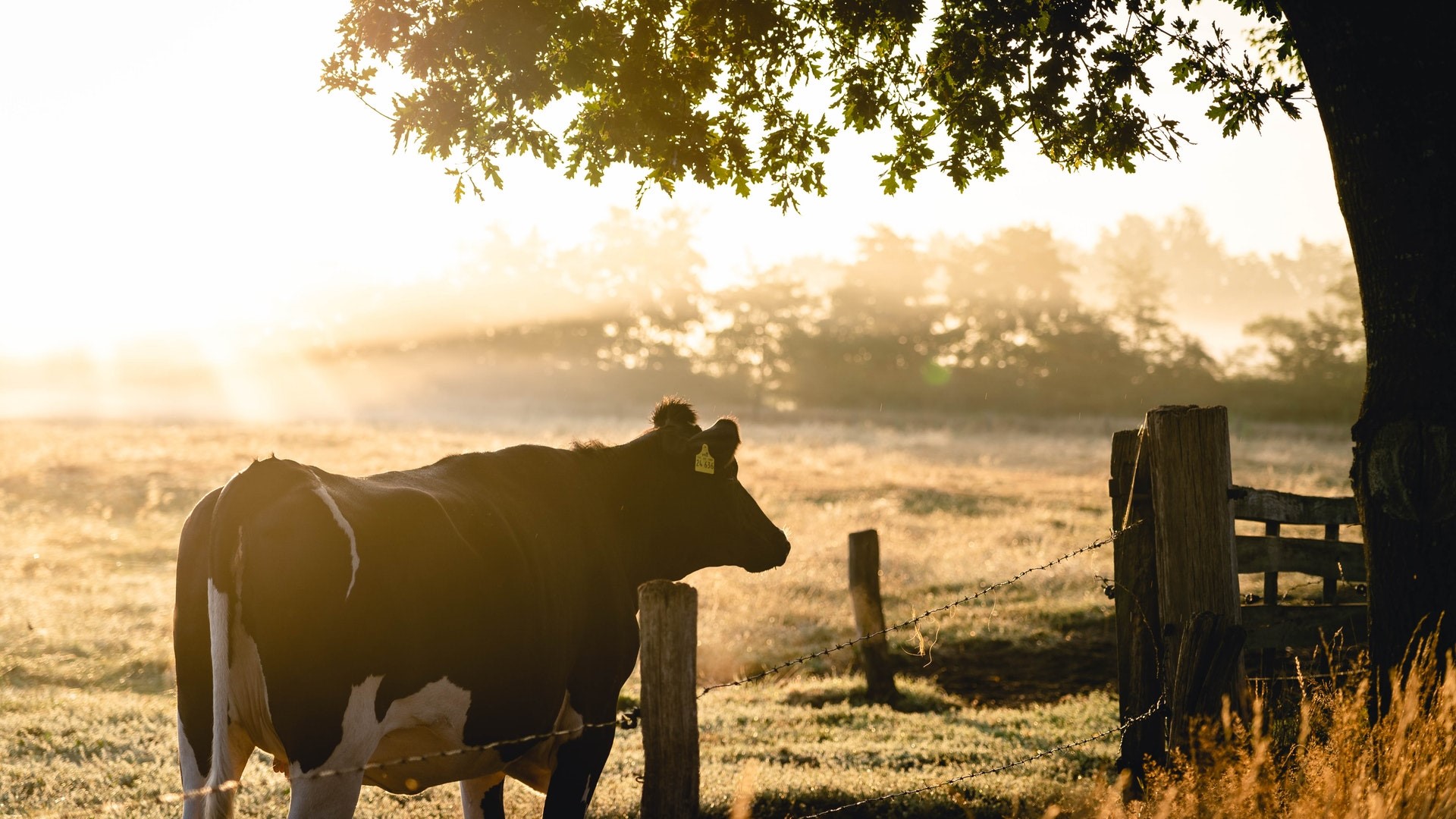
And now, as of July 2021, the cellular agriculture food field has already raised a remarkable $767.9 million in investments this year. With four months still to go in 2021, how close will the cellular agriculture field get to raising $1 billion this year alone?
Most of the funding this year can be attributed to Good Meat’s $170 million financing in May and Motif FoodWorks’ recent $226 million Series B to make meat proteins via acellular agriculture in June. Aleph Farms also raised $105 million in Series B funding to make cell-based steaks in July.
Among the largest funding rounds to date, the investments may be a predictor of what is to come as more companies look to scale production and come to market. While it may be difficult for new startups in the field to raise capital to get started, it appears like investors are continuing to support companies that have previously raised funding rounds and continue to reach milestones.
To reflect the ever-changing investment landscape, we are currently updating the CellAgri Investment Report series for a 2021 edition. If you are interested in keeping up with the investment landscape of the growing cellular agriculture industry, click here to learn more about the latest CellAgri Investment Market Reports.
After a record breaking first 7 months of 2021, what will the investment landscape look like for the rest of the year?
Conclusion
From Eat Just’s new commercial facility announcement to the second cell-based meat acquisition to date, August was a strong end to the 2021 summer for the cellular agriculture field. From Vow and Nourish Ingredients’ announcement to Bolt Threads’ deal with Ginkgo Bioworks, the new partnerships within the cellular agriculture field highlight how companies can help each other scale and, one day, bring their products to market.
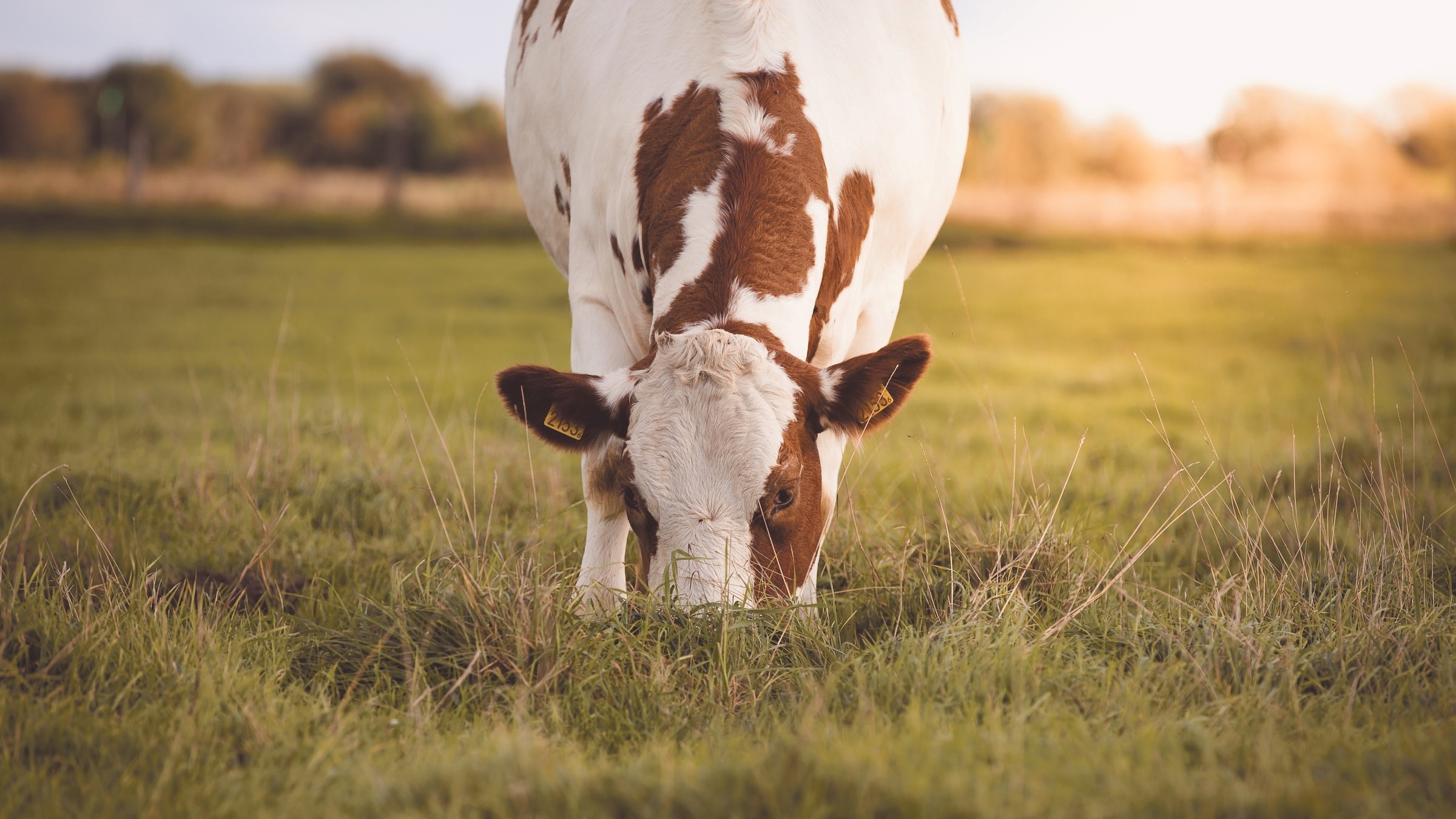
Interestingly, Eat Just’s Qatar announcement highlights the role of investments in incentivizing companies where to set up its cell-based meat facilities. In October 2020, Eat Just announced a partnership with investment firm Proterra to build its Singapore facility. The Proterra-led consortium financed up to $100M and Eat Just invested up to $20M to go towards the construction of the production plant.
While it is unclear how much Doha Venture Capital is investing in the new facility in Qatar, the Qatar sovereign wealth fund, Qatar Investment Authority, co-led Eat Just’s recent $200 million funding round in March 2021.
Similarly, in July 2021, Aleph Farms’ Series B funding round was co-led by DisruptAD, the venture arm of Abu Dhabi’s sovereign fund ADQ in the United Arab Emirates (UAE). As part of the announcement, Aleph Farms shared that the company will evaluate the establishment of a manufacturing facility in Abu Dhabi to supply its cell-based meat to the UAE and the wider Gulf region.
Stay connected with CellAgri
Join our mailing list to receive the latest news and updates weekly from the cellular agriculture industry. Your information will not be shared.



